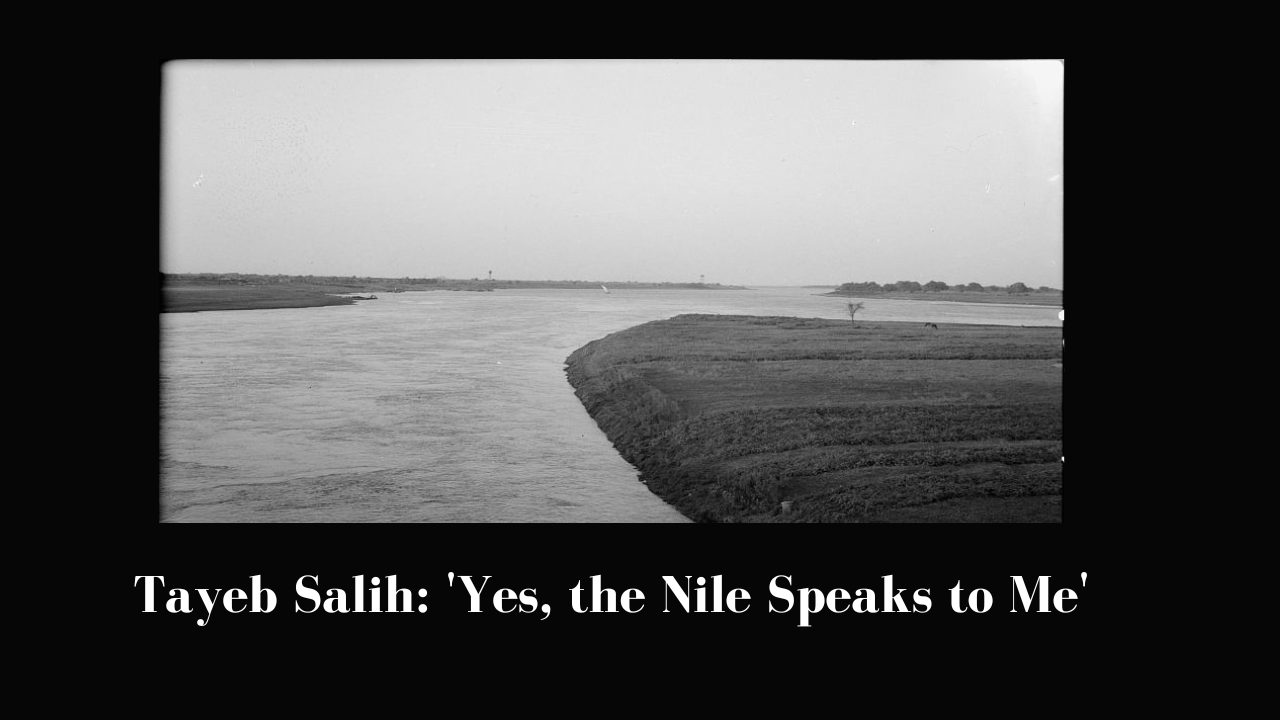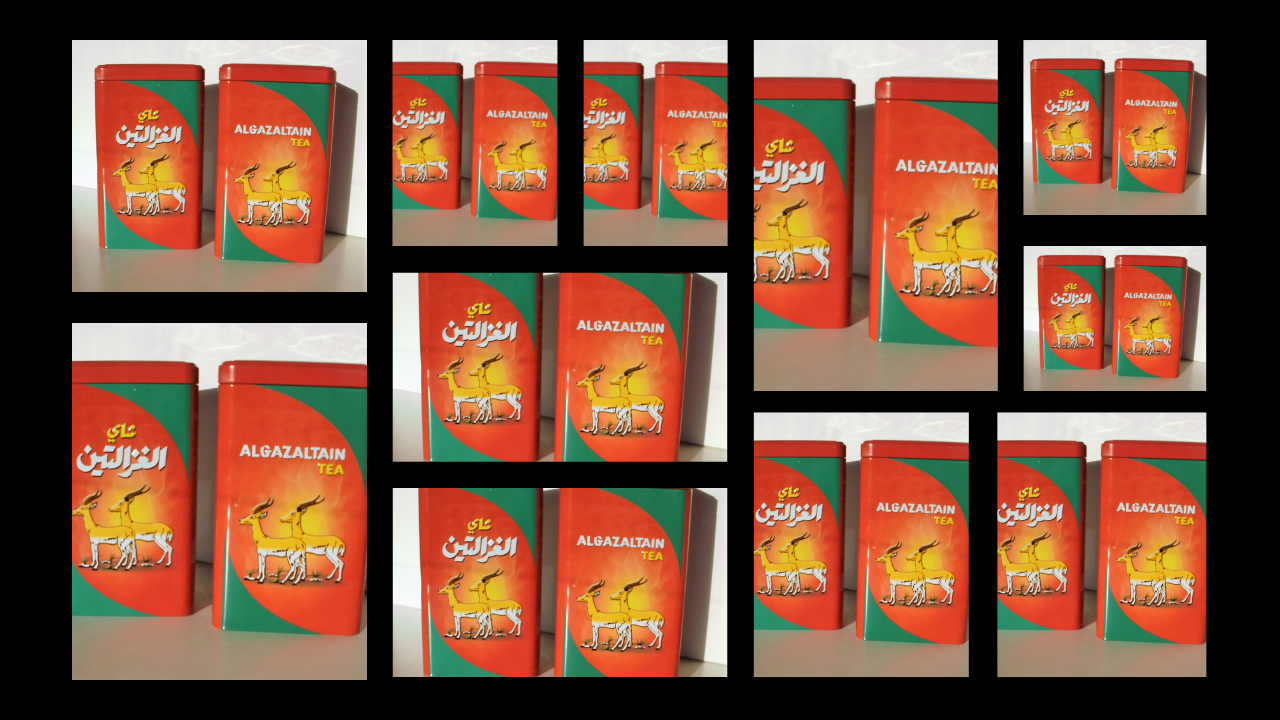Tayeb Salih: ‘Yes, the Nile Speaks to Me’
Introduced and translated by Adil Babikir “I was always fascinated by the river from my very early childhood”, Tayeb Salih once said. “And I think I somewhat understood what the […]

Introduced and translated by Adil Babikir “I was always fascinated by the river from my very early childhood”, Tayeb Salih once said. “And I think I somewhat understood what the […]

The Echoes of Struggle and Resilience: Sudanese Bid Farewell to Mohammad Al-Amin, Musical Maestro and Emotional Virtuoso By Lemya Shammat Born on February 20, 1943, in the heart of Wad […]

Our beloved homeland is burning!
Over at Kotobli, they have posted a new list; this time, of Sudanese novels through time. The list was curated by Sudanese-American writer Razan Idris.
When the field marshal heard the roar coming through the north-facing window of the spacious restroom, he was taken aback.
“On joining primary school, I started leaving sufficient space for my non-existent name at the right margin of the page, followed by my father’s full name, who died and immortalized his name through me. I did the same in my English notebooks, at the left side of the page. I was the third person in all languages and descriptions in the universe.”
“Were they a bundle of arugula,
displayed for sale to the westerners in the big city,
they’d have been spared the scorching heat.
Instead, they’d have been carefully placed on a wet matt in the shade,
their lips kept wet with sprinkled water
their cheeks sparkling with freshness and moisture.”
For our focus on Sudan, scholar, translator, and writer Adil Babikir highlights a few of Sudan’s most important literary greats.
If you were to choose 4-7 titles that would represent, to you, the most interesting books (perhaps experimental, challenging, or influential in some way) written by Sudanese writers in the last 10 years, what would they be? And (perhaps more importantly) why?